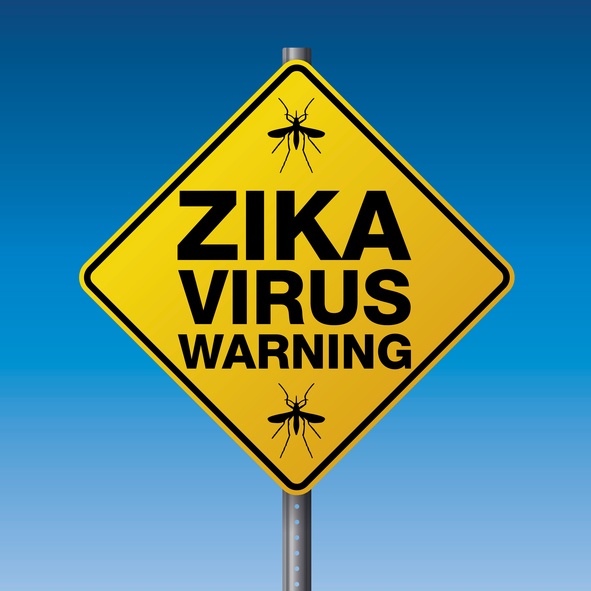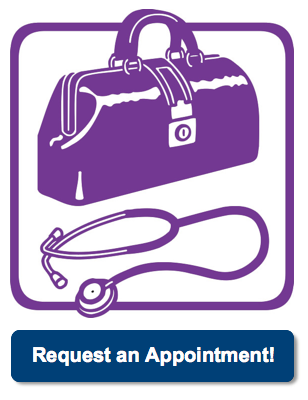
Summer is here and while the season is typically associated with exciting things like BBQs, outdoor sports and sunshine, it’s important to consider that it also means mosquitoes. Given that mosquitoes are a major part of the Zika Virus, we thought it wise to explain it in full from A to Zika.
What is the Zika Virus?
The Zika Virus is a potentially serious affliction that can make the victim sick and can have especially devastating consequences on a developing fetus. Transmitted primarily via mosquito bites, it can also be spread through sexual contact. A mosquito carrying the Zika Virus can infect up to 4 or 5 people per feeding.
Zika may take anywhere from 7 to 14 days to become active. Testing for the Zika Virus is, therefore, not recommended for less than 7 days since date of suspected exposure.
Common symptoms of the virus (with varying degrees of severity) include:
- Fever
- Rash
- Headache
- Joint Pain
- Red Eyes
- Muscle Pain
The most serious effect of the Zika Virus is a birth defect known as microcephaly. The Centers for Disease Control and Prevention describes microcephaly as: “A condition where a baby’s head is much smaller than expected. During pregnancy, a baby’s head grows because the baby’s brain grows. Microcephaly can occur when a baby’s brain has not developed properly during pregnancy or has stopped growing after birth, which results in a smaller head size.”
Severe microcephaly has also been linked with the following, all of which can range from mild to severe and can last a lifetime:
- Seizures
- Developmental delay with speech or other developmental milestones (like sitting, standing, and walking)
- Intellectual disability (decreased ability to learn and function in daily life)
- Problems with movement and balance
- Feeding problems, such as difficulty swallowing
- Hearing loss/Vision problems
How to protect yourself against the Zika Virus
As with so many other things, your safety starts at home. To reduce your risk of being infected with the Zika Virus, reduce your exposure to mosquitoes. This can be accomplished by taking some very simple steps, which include:
Outdoors:
- Eliminate standing water, the normal breeding ground for mosquito larvae. Areas to monitor include:
- Pots/Planters
- Fountains
- Rain Barrels
- Bird Baths
- Wading pools
- Depressions in your lawn where standing water can collect
- Troughs
- Stay indoors during periods of the day when mosquitoes tend to be prevalent (dawn and dusk) or when a mosquito-borne disease warning has been issued (because they are ectothermic (cold-blooded), mosquitoes seek warmth)
- Use of citronella candles when sitting in your yard/on your deck/porch/patio
- Use yellow bug lights for exterior lighting. Note, however, that yellow lights don’t repel them, they simply attract fewer mosquitoes
- When camping, use tent screens and/or mosquito netting
- Also when camping (or when outdoors in general), wear long pants, long sleeves, socks and head covering (especially for those with little hair)
- Tuck your pant legs into your socks for further protection
Indoors:
- Use your air conditioner
- Caulk or otherwise cover gaps in walls, in and around doors, doorway thresholds and windows
- Use mosquito netting for cribs and strollers of babies 2 months and younger
Pesticides:
- Use pesticides as directed, both for control of larvae and adult mosquitoes. The Environmental Protection Agency (EPA) has detailed information about how to choose the insect repellent that is right for you. EPA Guidelines for the use of repellent to prevent against the Zika Virus include the following:
-
- Use EPA-registered insect repellents that include one of these active ingredients:
- DEET, picaridin, IR3535, oil of lemon eucalyptus or para-menthane-diol, or 2-undecanone.
- Insect repellents are not suitable for babies 2 months or younger.
-
—
According to the CDC, Zika is here to stay and it is not to be trifled with. If you have any question about the virus or believe you or a loved one may have been exposed to it, you should see a comprehensive personal care provider such as the professionals who work at Derry Medical Services. You can book an appointment below.


